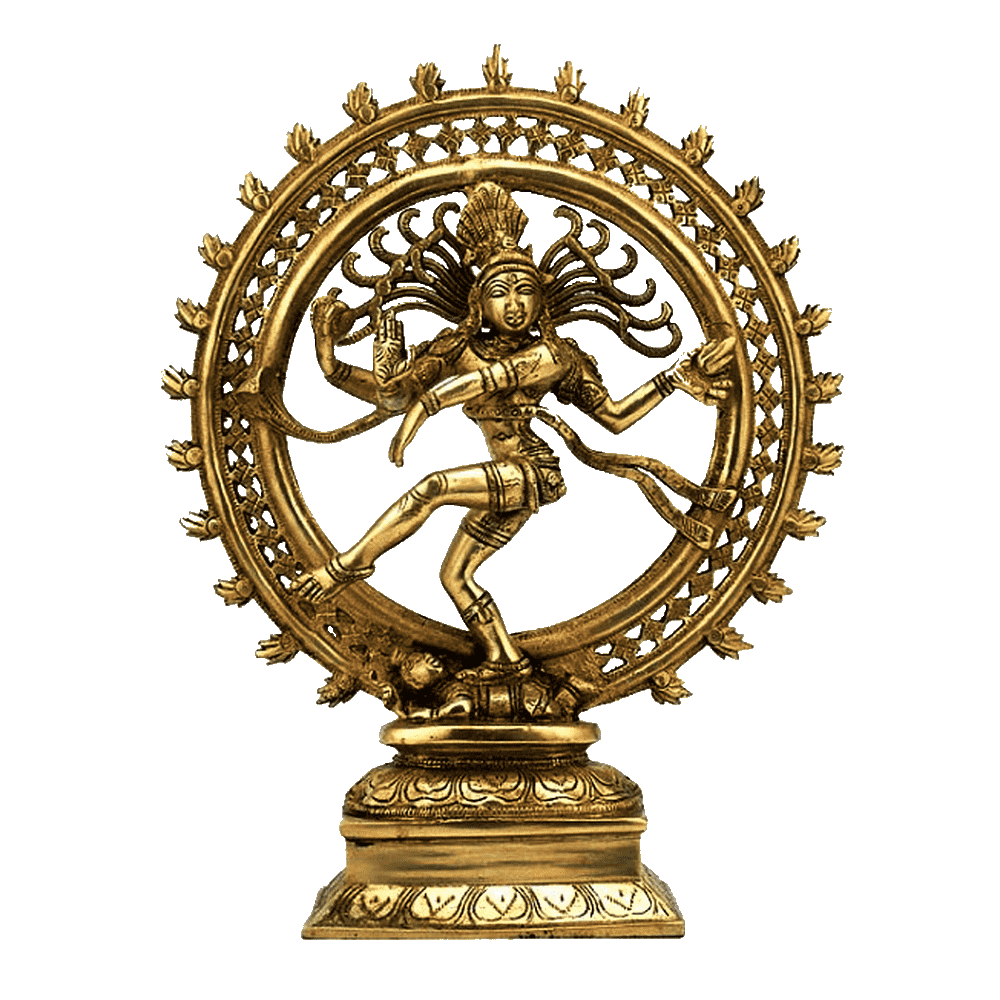
Skanda Yāmala
The Divine Wisdom of Lord Murugan
Introduction:
The Skanda Yāmala is a sacred text within the Śivaśakti traditions of Hinduism, dedicated to Lord Skanda, also known as Lord Murugan or Kartikeya. Lord Skanda is the divine son of Lord Śiva and Goddess Śakti, and he is revered as a powerful deity associated with wisdom, courage, and spiritual realization. The Skanda Yāmala celebrates the significance of worshipping Lord Skanda and highlights his role in bestowing divine wisdom and guiding seekers on the path of spiritual realization.
Lord Skanda – The Divine Son:
In Hindu mythology, Lord Skanda holds a significant position as the commander of the celestial army and the embodiment of courage and valor. He is depicted as a youthful and powerful deity riding a peacock and wielding a spear, symbolizing his fearless nature and divine authority.
As the divine son of Lord Śiva and Goddess Śakti, Lord Skanda represents the union of the divine masculine and feminine energies. He is often associated with the fire element, signifying his transformative power that burns away ignorance and purifies the soul.
The Significance of Skanda Yāmala:
The Skanda Yāmala is a Tantric scripture that unfolds the mysteries of Lord Skanda’s divine attributes and the path to spiritual realization through devotion and wisdom. It emphasizes the significance of worshipping Lord Skanda and invokes seekers to seek his grace for spiritual growth and enlightenment.
Key Aspects of the Skanda Yāmala:
Devotion and Surrender:
The Skanda Yāmala stresses the importance of developing unwavering devotion and surrender to Lord Skanda. By surrendering to his divine will, devotees open themselves to his transformative grace, leading to inner purification and spiritual evolution.
Spiritual Knowledge:
Lord Skanda is often associated with divine wisdom and knowledge. The Yāmala encourages seekers to pursue spiritual knowledge and seek guidance from Lord Skanda to gain deeper insights into the mysteries of existence.
Courage and Fearlessness:
Lord Skanda is the epitome of courage and fearlessness. The Yāmala inspires devotees to cultivate these qualities to face life’s challenges with strength and determination, overcoming obstacles on their spiritual journey.
Protection and Guidance:
Lord Skanda is revered as the protector of his devotees. The Skanda Yāmala emphasizes seeking his guidance and protection during challenging times and seeking refuge in his divine grace.
Yoga and Meditation:
The Yāmala extols the practice of yoga and meditation to connect with Lord Skanda’s energies. By meditating upon his divine form and chanting his mantras, seekers can attain spiritual alignment and experience his transformative presence.
Liberation (Moksha):
The ultimate goal of the Skanda Yāmala is to guide seekers towards liberation (Moksha) from the cycle of birth and death. Lord Skanda is seen as a divine guru who leads his devotees to the realization of their true selves and ultimate union with the divine.
Conclusion:
The Skanda Yāmala holds profound spiritual significance within the Śivaśakti traditions, dedicated to Lord Skanda, the divine son of Lord Śiva and Goddess Śakti. Through rituals, devotion, and the pursuit of spiritual knowledge, seekers aim to connect with Lord Skanda’s transformative energies and gain his grace. The Skanda Yāmala serves as a guide for seekers on the path of spiritual realization, inspiring them to embody courage, wisdom, and unwavering devotion in their quest for inner transformation and liberation. By embracing the teachings of the Skanda Yāmala, aspirants can attain the divine wisdom of Lord Skanda and experience his transformative presence in their lives, leading them closer to the eternal truth and ultimate union with the divine.
Editor – Kaalchakra Team
[ Note – Before Concluding anything as a Finale, Please Go through Original Scriptures of Vaidik Literature Written in Sanskrit and Also with Meaning of That time of Language. Because English is a Limited language to Explaining the Deeper Knowledge of Vaidik Kaal. ]
